I’m not sure where to begin with this retrospective of the 2021-22 Pittsburgh Penguins.
I think part of that is due to the abrupt and upsetting end to their season, a 4-3 overtime loss in Game 7 of their first round series against the New York Rangers. It was a series in which the Penguins led 3 games to 1 and held a 2-0 lead 35 minutes into Game 5. It was a series in which the Penguins chased presumptive Vezina winner and Hart nominee Igor Shesterkin from the Rangers goal not just once but twice. It was a series in which the Penguins won those three games despite needing their third-string goaltender. They were without Rickard Rakell and Brian Dumoulin for six games each, and they were without Sidney Crosby for the rest of Game 5 and all of Game 6. They were right there, just at the precipice of winning that series. Then it all slipped away like so many leads have for Pittsburgh over the last few years, and once again the Penguins are on the outside of the Stanley Cup discussion.
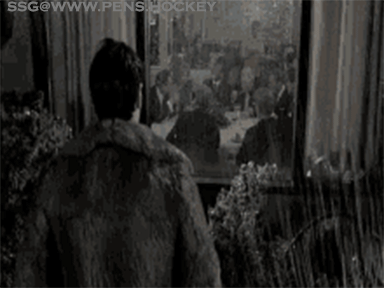
It is the bottom and end point of an up-and-down season for Pittsburgh. They came into this season still smarting from the smackdown they received in the first round of last year’s playoffs at the hands of the New York Islanders. Evgeni Malkin would be out of action until January, but he would not be alone on the parade of frustratingly typical health and injury troubles that have been maligning the Penguins for years. Jason Zucker played as many games as Malkin and, unsurprisingly, produced half as many points. Crosby, Bryan Rust, Teddy Blueger, and Brock McGinn all played 60-something games. Tristan Jarry missed the last two weeks of the regular season plus the first six games of the first round before quite bravely gutting out a good showing in Game 7. Pittsburgh had a really good start to winter, winning ten games in a row and fifteen out of eighteen, but after February 1 they hit the skids and only made the playoffs by virtue of being in the top-half of a very polarized Eastern Conference. Then they raced out to a 3-1 lead over the Rangers and things were looking up again. And then they weren’t.
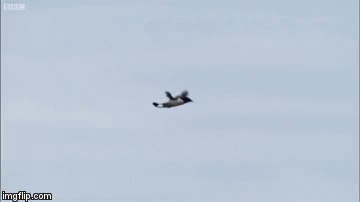
Considering the circumstances, I am generally pleased with how the Penguins did in the first round against New York, even if they didn’t come away with the win. They probably shouldn’t have done as well as they did, considering first and foremost that they with without their top two goaltenders for most of the series, which is more of an indictment of the Rangers than anything. Pittsburgh did actually get pretty balanced offensive production (nine, ten, and eight points from the second, third, and fourth lines, respectively). Defensively they did their best to insulate Louis Domingue most of the time, despite being without Brian Dumoulin from Game 2 onward. They really were living on the edge of advancing to the second round, but they gave too much to New York and the Rangers took advantage when they needed to.
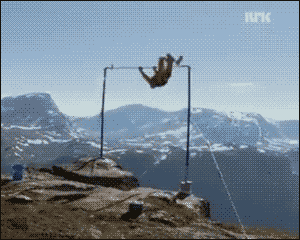
This offseason figures to be quite consequential for the Pittsburgh Penguins. They have eleven NHL contracts and 18 in total expiring this offseason, leading to ~$28.5M in cap space being freed up. But three of those contracts belong to guys at the top of both the depth chart as well as most Penguins fans’ emotional charts: Evgeni Malkin, Kris Letang, and Bryan Rust. Those three guys alone make up $20.25M. Malkin turns 36 on July 31; Letang just turned 35 a month ago, and Rust just turned 30. Naturally everyone’s got an opinion on what to do with these three. With Sidney Crosby having three more years on his contract, the thought would be to at least bring Malkin and Letang for that ride for those few more years. But who knows for how long afterwards Sid will want to play? Productivity-wise, all three are showing no signs of degradation: Crosby led the team in points-per-game, Malkin was a point-per-game player still, Rust was nearly so, and Letang had the twelfth-most points per game among defensemen this season. I can see a world in which Malkin, Letang and Rust return to Pittsburgh…
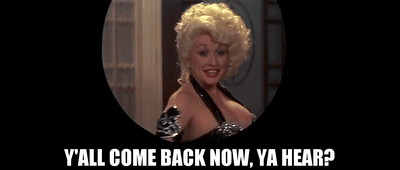
…but is that the best thing for the future of the franchise? It’s no secret that “tanking,” for the lack of a more elegant term, for a few years is a surefire way to replenish a team’s prospect pool, assuming you manage your assets and draft well. Subsequently, being an average team very rarely wins you any championships, and mid-round draft picks are substantially less valuable than picks higher up the chart. Then there’s the temptation, call it “Jim Rutherford syndrome,” to trade your first-round pick away for a rental who may improve your team somewhat but isn’t the best option out there, and all you do is maybe extend your trip to the postseason a little longer, you still don’t win the Cup, and now you’re out a first round draft pick that could have been a difference maker in a few years.
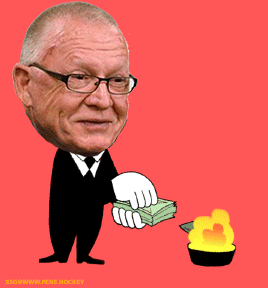
As I said, I can imagine those three players returning to Pittsburgh, and if they can be healthy and at peak productivity the Penguins would be in good shape for making the playoffs again. But this team is in need of an overhaul in the middle six of the forward group. There is a substantial drop off in points production from Crosby, Rust, Malkin, and Jake Guentzel that needs to be addressed. Jason Zucker and Kasperi Kapanen have not produced nearly what they have shown they are capable of in Minnesota and Toronto, respectively. Danton Heinen, Evan Rodrigues, Rickard Rakell, Jeff Carter…all of these guys actually produced more points than Zucker and Kapanen this past season, Rakell and Carter the most at 0.59 points-per-game…but still, not enough. And not enough that any of them can be relied upon on the second power play unit.
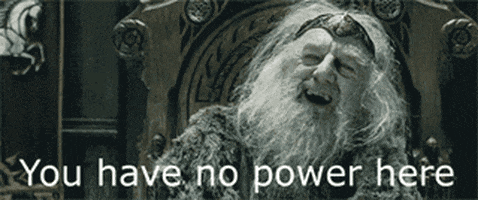
Speaking of which, I don’t understand how the Penguins went from having the fourth-best power play last season to the nineteenth-best, but a lot of it had to do with the second unit not doing its job. The first power play unit of Crosby, Malkin, Guentzel, Rust, and Letang accounted for 115 of the team’s 146 power play points this year (78.8%), while last year they scored 75 of the team’s 103 (72.8%). That 6% difference in responsibility was part of what led to the team falling 15 places in the League’s power play rankings. Losing Jared McCann (rather, giving him up to the Toronto Maple Leafs for basically nothing, just to have the Leafs lose him to the Seattle Kraken in the expansion draft) had a lot to do with this decline. The team made no effort to replace McCann in the offseason, rather pinning its hopes on the second unit figuring things out on their own. They didn’t.
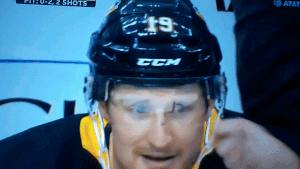
So, are the Penguins going to let three of their five top power play guys walk without any promising internal options to replace them? Was there anything you saw from John Marino this season that made you think he could reliably replace Letang? Or Rodrigues of Malkin? Or Rakell of Rust? At points this season, maybe. But probably not all season long.
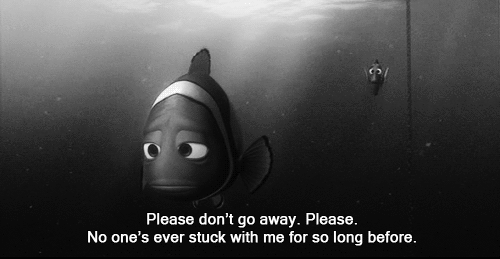
Besides Letang, defensively I think the Penguins played pretty well. The second pairing of John Marino and Marcus Pettersson and the third pairing of Mike Matheson and Chad Ruhwedel were perfectly fine, although Marino really could stand to rediscover his offensive touch. All of those guys are under contract for at least the next two seasons, and if they continue to play serviceably I see no reason to move on from them, besides maybe being overpaid. I believe Letang will be back, but I am not certain about Brian Dumoulin. After years of being a consistent defensive presence, he took a big step back this year and was even dropped back to the second pairing with Marino at times. Dumoulin’s contract expires after next season, and he has a modified ten team no-trade clause. I think the odds are good that Game 1 was the last time we saw Dumoulin in a Penguins uniform.
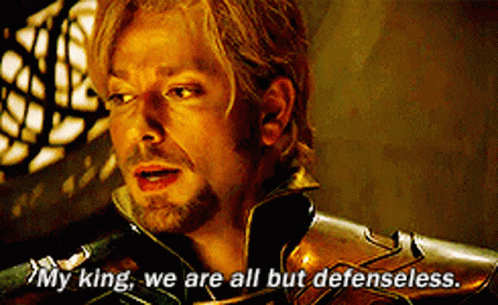
Goaltending, again, was fine. Tristan Jarry very much turned a corner from how things ended last season and I think he’s proven himself to be a very capable starting goaltender. Casey DeSmith didn’t play as much as he did last year and I think that had something to do with his poor start, but he was pushed into action in the last month of the season as Jarry went out with an injury and did okay. Louis Domingue was forced into action in double overtime of Game 1 against the Rangers and outplayed Shesterkin for much of the series. DeSmith and Domingue have their contracts expiring this summer. All that really matters to me is that Jarry is good enough to be a top-ten starter and that the backup (whoever) is competent enough to spell him a little more often than Jarry was this season.
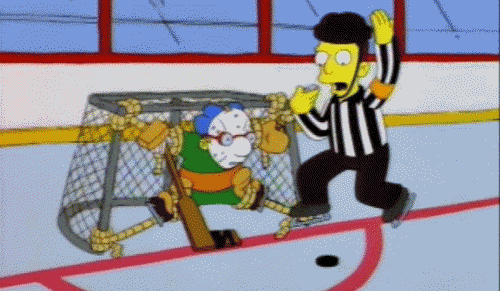
I have yet to mention head coach Mike Sullivan or the rest of the coaching staff. When the team was doing well in December and January, in spite of the team suffering through constant health problems, he was receiving plenty of buzz for the Jack Adams trophy as coach of the year. But when the team has been at or near full health, the team oddly struggles. Yet the message always seems to be the same: play your game, simplify, be responsible. This has been the case since they won the Cup in 2017. My feeling is that he is not very adaptable to certain in-game situations. Look at how many times the Penguins have had leads and immediately gave them up. He has been steadfast in his refusal to try loading up a star line when needed, or put out the second power play unit first. Sullivan may be a good coach for general tactics and mentality, but has he consistently put the team in the best position to win? In any event, I don’t foresee Sullivan going anywhere so long as the Penguins are expecting to make the playoffs.
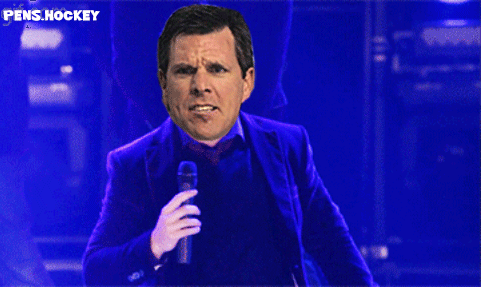
Ron Hextall and Brian Burke have some big business decisions to make this offseason. They have new ownership, the Fenway Sports Group, who are likely not used to the realities of a hard salary cap when it comes to roster management. The Boston Red Sox only have to deal with a luxury tax, while Liverpool don’t really have any endemic financial constraints. Surely FSG will be seeking to have its new investment be championship competitive sooner rather than later, but how long will they be willing to wait for the team to turn back in that direction? Will they be shrewd and want to blow up the team right away? Will they permit the sentimentality of giving extensions to Letang and Malkin? It’s their first foray into the NHL, so it’s all up in the air right now. What is certain is that it is possible for the Penguins to be a championship-caliber team now, but it seems as though it will take a lot of luck to get there.
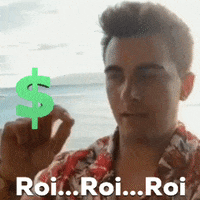
However, at some point soon – within the next three-to-five years – management and ownership will be forced to look towards the future. I follow Byron Bader on Twitter, and he follows the draft and specifically prospects in the NHL system. He puts out an annual prospect ranking of every team, and this year he ranked Pittsburgh 31st out of 32 teams, one ranking up from last year and just ahead of the New York Islanders by virtue of having more players with a 30% or greater chance of becoming an NHLer. It’s not a pretty picture, and it’s due in large part to all of the first round picks Jim Rutherford traded away in his tenure. The relatively new management has to start replenishing that prospect pool somehow.
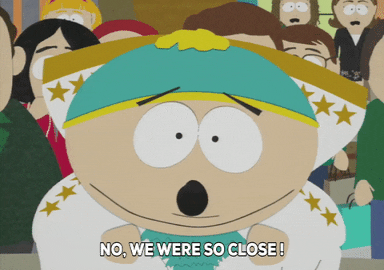
As usual, on behalf of myself, Ungaba, and SouthSideGeno, I want to thank all of you for reading and commenting along with us this season. I want to thank our other contributors, TimQvist, Jovi00, and Dillon, who have pitched in for us three when we were feeling particularly slacker-y. We all do this for fun, because we love the Pittsburgh Penguins and always want the best for them. As always, we are open to others to contribute, so don’t be afraid to inquire! Summertime is always a slow time ’round these parts, so if you’re ever feeling creative, let us know what you’d like to do. I know for my part that I am looking forward to the future of the team, and I hope you’ll stick with us through the summer and into the 2022-23 season!
LET’S GO 2022-2023 PENS!

